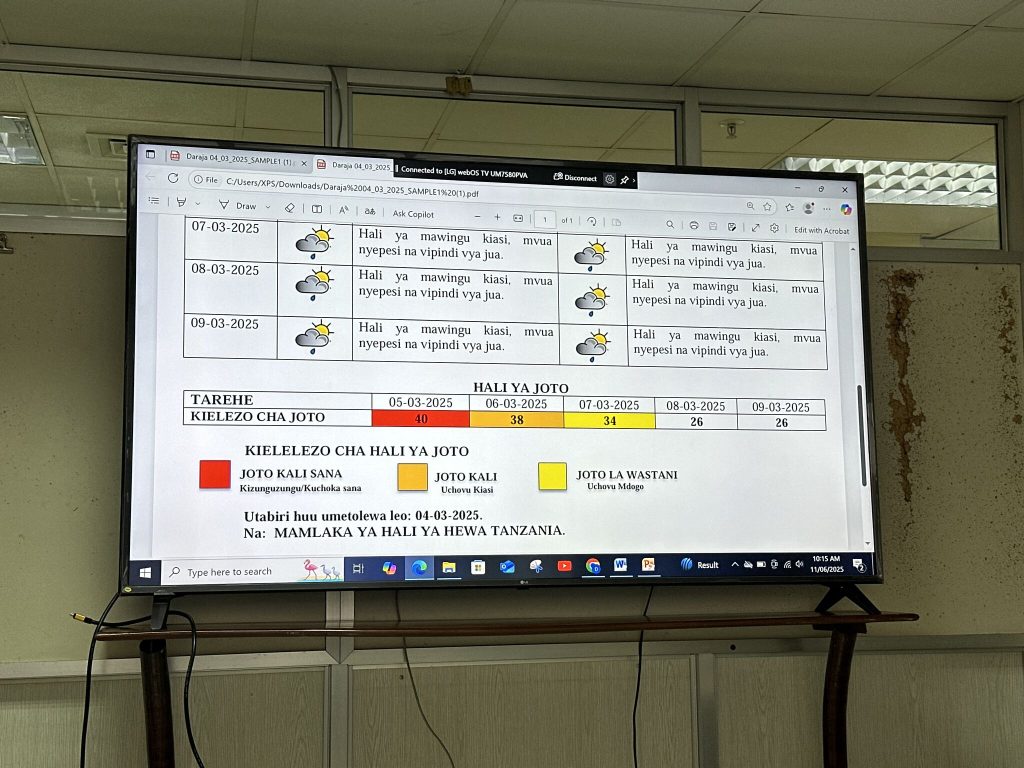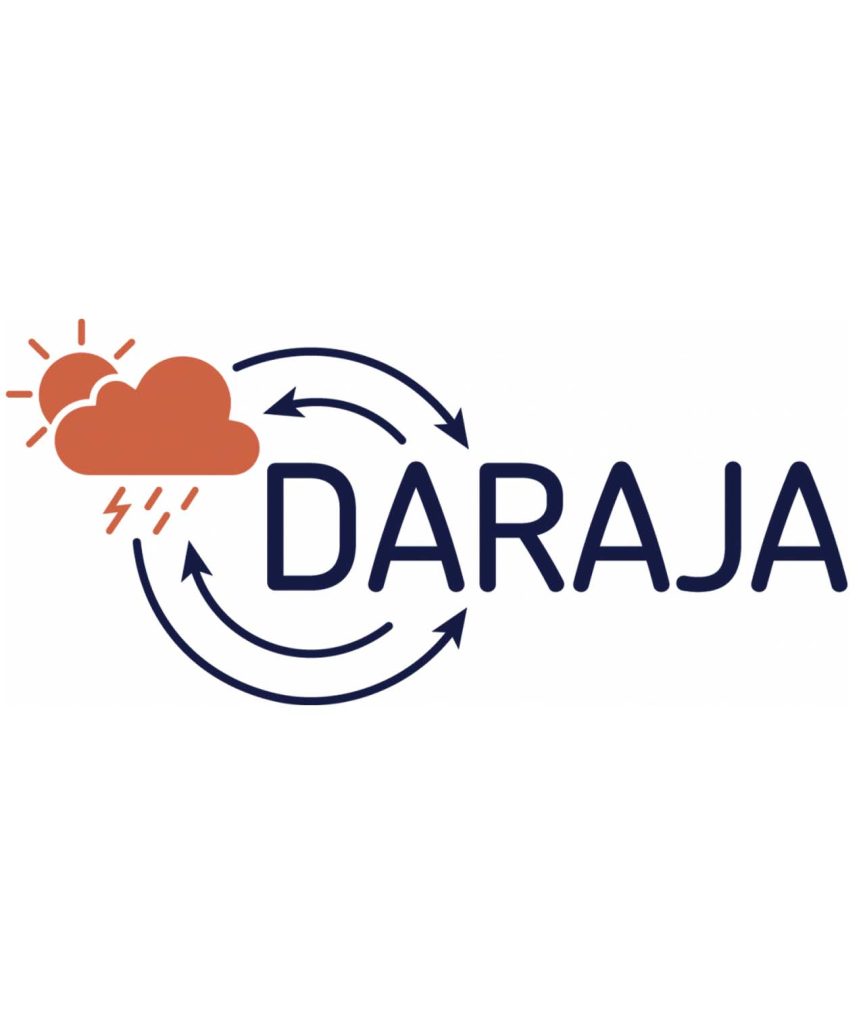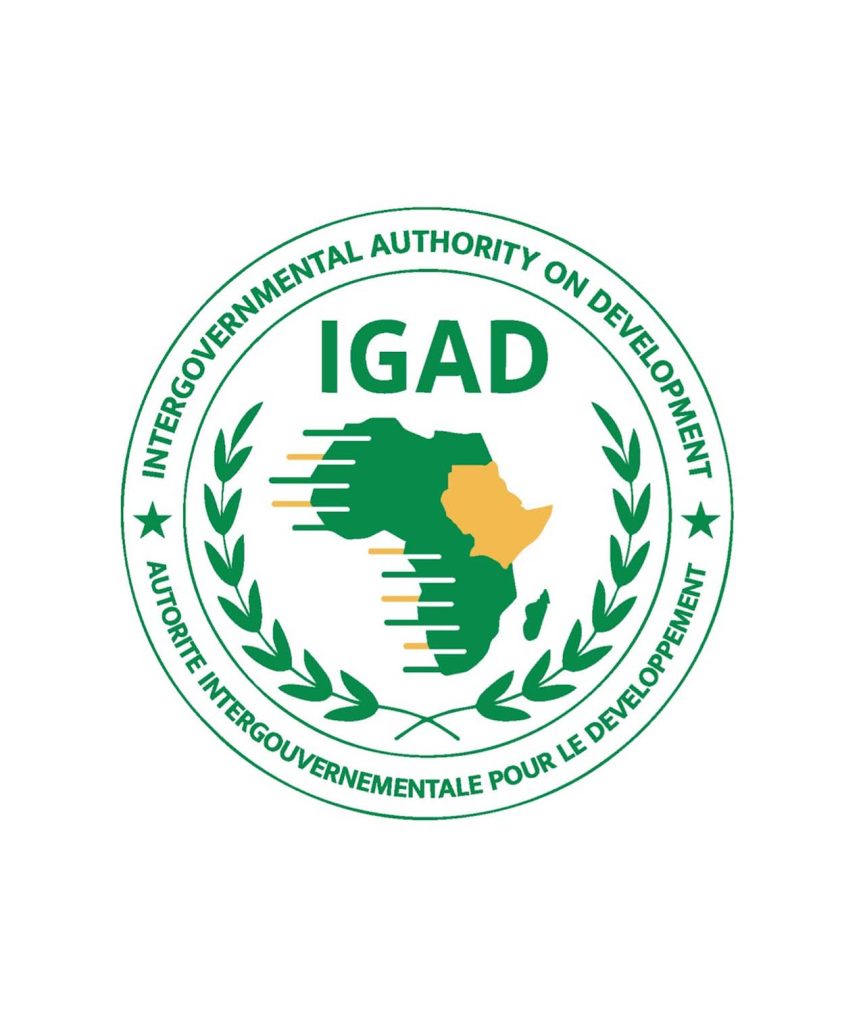DAR ES SALAAM – In a significant step toward improving urban resilience to climate change, the Centre for Community Initiatives (CCI) and the Tanzania Meteorological Authority (TMA) have joined forces to enhance climate services for informal settlements. This week, experts from both organizations met to discuss the localization of climate information, focusing on early action and a newly developed heat product under the DARAJA project.
According to Tim Ndezi, the DARAJA (Developing Risk Awareness through Joint Action) project is a groundbreaking initiative that works to “bridge” the gap between official weather and climate information and the vulnerable communities living in informal urban areas. By taking a co-production approach, the project brings together meteorologists, community leaders, and residents to create and disseminate weather forecasts and early warnings that are not only accurate but also easy to understand and act upon.

The meeting between the CCI team and TMA experts focused on reviewing downscaled forecasts specifically tailored to the unique needs of communities in informal settlements. A key point of discussion was the increasing risk of #extremeheat in urban areas, a hazard that poses a serious threat to public health and livelihoods.
In response to this growing risk, TMA showcased a new #heat information product designed to help communities prepare and respond effectively. This new tool, developed under the DARAJA project, is a community-friendly resource that integrates real-time temperature and humidity data to provide a “feels like” heat index. The aim is to issue timely and actionable alerts, enabling residents to take proactive measures to mitigate the effects of heat stress.
The collaboration between CCI and TMA under the DARAJA project highlights the critical importance of localized and user-centric climate services. By working directly with communities, the project ensures that vital information is not just produced but is also understood and used to save lives and protect property. This approach empowers residents to be more resilient and better prepared to face the impacts of a changing climate.









